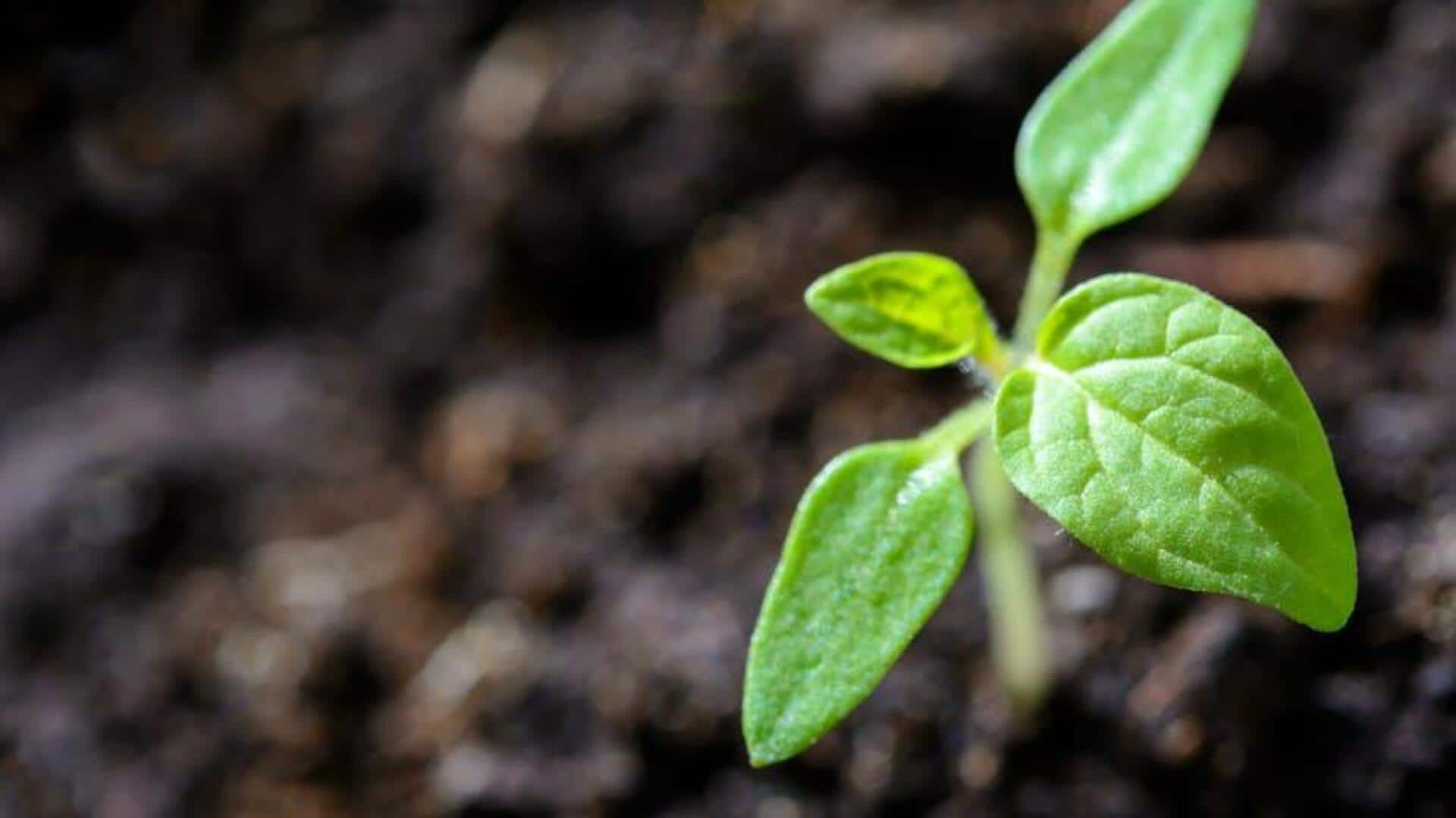
Cinnamon hacks every gardener should know
What's the story
Cinnamon, a kitchen staple, can do wonders for those passionate about gardening. The natural magic of cinnamon can improve the health and growth of your plants without the use of chemicals. From preventing diseases in plants to promoting root growth and keeping pests away, you can do it all with cinnamon. Here are some smart ways to include cinnamon in your gardening to keep your plants healthier.
Fungal defense
Protecting plants from fungal infections
Cinnamon, known for its antifungal properties, can be your best gardening friend. Just sprinkle some ground cinnamon on the topsoil around your plants and help prevent fungal infections like damping-off disease that commonly plague seedlings. This simple technique creates a protective layer on the soil, effectively preventing fungi from growing and keeping your baby plants healthy and growing.
Root Booster
Encouraging root growth in cuttings
When propagating through cuttings, you can use cinnamon as a natural rooting hormone. Simply dip the cut end of the cutting into ground cinnamon before planting it in soil or water. This promotes root development by stimulating cell growth at the cut site, thus increasing the chances of a successful propagation.
Pest deterrent
Repelling garden pests naturally
Cinnamon's strong scent acts as a natural deterrent against common garden pests like ants and aphids. By sprinkling a line of ground cinnamon around plant bases or garden beds, you can create an aromatic barrier that pests are less likely to cross. This way, you can keep your garden pest-free without harmful chemicals.
Wound care
Healing plant wounds effectively
If you accidentally damage a plant while pruning it or if it has minor injuries, cinnamon powder can be your solution. Simply apply it directly onto the wound and its antimicrobial properties do the rest by preventing infection. This not only helps with faster recovery but also seals off exposed areas from pathogens, ensuring the plant's quick return to health without the use of chemicals.